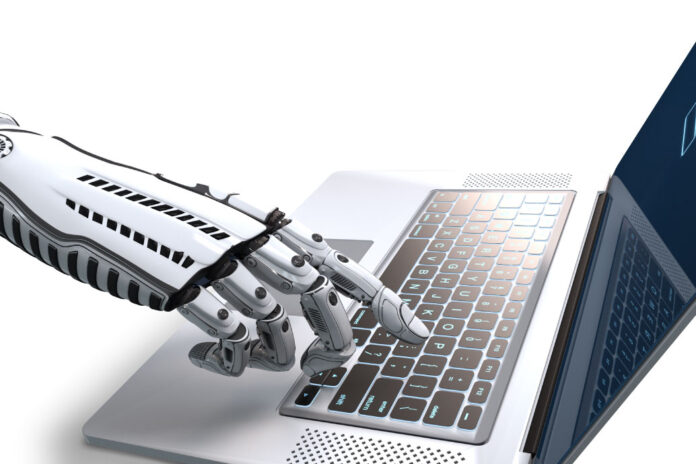The technological revolution of recent years, driven by artificial intelligence, automation, and advanced data analytics, has been transforming business models and, with them, the most strategic positions in companies. Roles that were unknown not long ago now hold fundamental positions in areas such as technology, finance, risk, and operations—ranking at the top of the list of the most valued (and hardest to hire) in the market.
With the advancement of generative AI tools, increasingly sophisticated use of data, and the pursuit of efficiency and scale, new roles have emerged. According to a LinkedIn survey, 10% of professionals hired in 2024 occupy positions that did not exist in the 2000s, such as data scientist, sustainability manager, and artificial intelligence engineer. The study surveyed over 2,000 HR professionals in 10 countries, along with 5,000 users and executives on the platform. The data indicates that the skills demanded by the market today will be replaced or significantly altered by 2030. In Brazil, 9 out of 10 business leaders acknowledge that the demand for new competencies and roles is growing at an accelerated pace.
“We are at a turning point. Artificial intelligence is no longer a promise and has become an active part of corporate strategy, especially in financial and operational areas,” emphasizes Thiago Oliveira, CEO of Monest—a company specializing in asset recovery through debt collection by a virtual agent named Mia, powered by artificial intelligence.
According to the CEO, the need for professionals who combine technical expertise with business vision has never been more urgent. “Today, it’s impossible to scale operations without intelligent automation. The most valued roles are precisely those that connect technology to real impact on results,” he adds.
Here are five roles that emerged—or gained prominence—with the rise of artificial intelligence and are now among the most sought-after in the market:
- Prompt Engineer
With the rise of platforms like ChatGPT, Claude, and Gemini, companies have begun seeking professionals specialized in creating optimized commands to extract the best performance from generative AI. This role requires logical reasoning, clarity of language, and technical understanding—and is already valued in areas such as customer service, legal, HR, and product development.
- Financial Automation Specialist
The need to automate manual and repetitive tasks in financial areas—such as bank reconciliation, cash flow analysis, and delinquency control—has led to the emergence of professionals specialized in implementing and operating intelligent systems. They connect data, platforms, and routines with a focus on efficiency, scalability, and reducing human errors.
- Business-Focused Data Scientist
More than interpreting data, this professional translates information into practical decisions and financial strategies. They work in predictive analytics, risk modeling, pricing, and opportunity identification. AI is further enhancing these specialists’ ability to generate real impact for businesses.
- Applied AI Analyst
Unlike traditional AI developers, this role focuses on adapting and applying existing artificial intelligence tools to solve specific business problems. In financial companies, these professionals are optimizing everything from credit modeling to automating collections and customer service.
- AI and Data Governance Specialist
With the increasing use of algorithms in critical decisions, such as credit approval or financial transactions, there is growing demand for professionals capable of ensuring compliance, transparency, and accountability in AI use. This role involves bias assessment, model validation, and technological compliance.
For Thiago Oliveira, these roles reflect a deeper shift in technology’s role within companies: “Before, technology was support. Now, it’s at the center of decision-making. And those who master the logic of AI, data, and automation are naturally closer to leadership,” he concludes.


